Since the introduction of Smartphones in 2007, they have become a stable part of our lives. The Smartphone is also a stable part in professional horticulture. Some examples are the use of apps for crop protection or the supervision and control of the greenhouse climate data. In addition, smartphones are already equipped with a powerful camera which can be used to take pictures of crop damage. Alongside a lot of excessive tools have been developed to increase certain abilities of the smartphone. One of these tools are “clip –on” smartphone-lenses (see figure 1). These lenses are capable to increase the magnification of a smartphone-camera. Therefore enabling the ability to take clear pictures of small organisms, which have a huge significance for the integrated pest management.
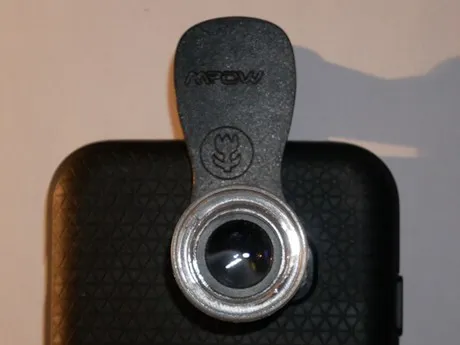 Figure 1: Clip-on macro lens MPOW 20X
Figure 1: Clip-on macro lens MPOW 20X
This can be extremely helpful for the identification of certain pests like aphids. Macro-lenses with a magnification of x20 are able to visualize identification-features like leg- and siphon color or head spicules (see figure 2). The macro-lenses are also able to differentiate between specific mites (see figure 3). This is especially useful for the differentiation of spider mites and predatory mites, as well as their eggs. Another useful feature is the ability to control the integrity of beneficial deliveries and take pictures as proof if need be.
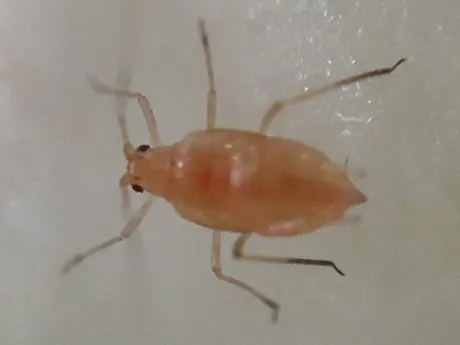 Figure 2: Aphid (Nasonivia ribis nigri) picture taken with macro lens MPOW 20X
Figure 2: Aphid (Nasonivia ribis nigri) picture taken with macro lens MPOW 20X
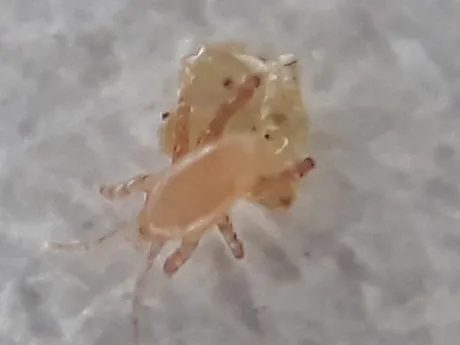
Figure 3: predatory mite hypoaspis (Stratiolaelaos scimitus) picture taken with macro lens MPOW 20X
Other beneficial organisms like nematodes can also be checked for their vitality (see figure 4). Another interesting gadget are smartphone-microscopes. They are able to increase the magnification of the smartphone camera up to x400. This is enough to differentiate thrips-species, for example by the number of their antennal tubercles (see figure 5). However, it is much more difficult to focus on organisms this small. A useful tip: For a better focus the pests can be fixated between a see-through-sticky tapes as seen in figure 5.
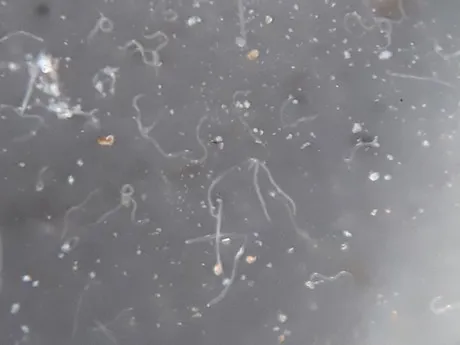 Figure 4: nematodes (Steinernema feltiae) picture taken with macro lens MPOW 20X
Figure 4: nematodes (Steinernema feltiae) picture taken with macro lens MPOW 20X
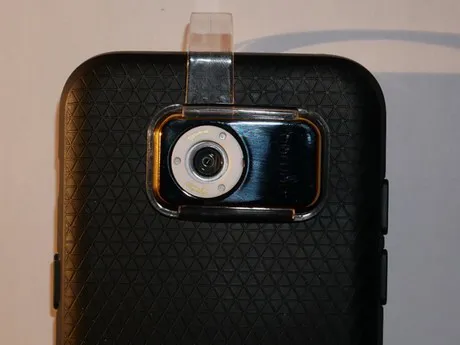
Figure 5: Smartphone-Microscope Nurugo Micro
The advantages to a normal jewelers-lens is the ability to take pictures and use them for pest-documentation or send them to an expert to determine the organism. If you are using a messaging service like WhatsApp, it is also possible to send your current location as well as the picture so that a consultant can find the infestation fast and reliable. Growers can also save time without explaining the characteristics of a specific pests on the phone. This could also be extremely helpful for the determination of quarantine pests or the success-rate of pesticide-applications.
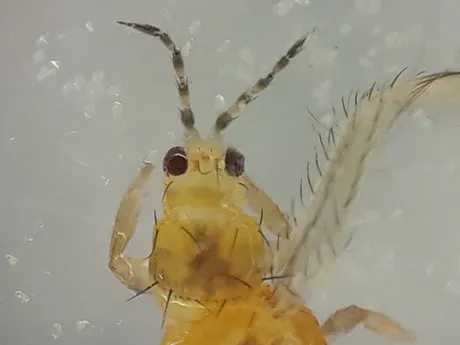 Figure 6: Thrips (Frankliniella occidentalis) picture taken with Nurugo Micro x400
Figure 6: Thrips (Frankliniella occidentalis) picture taken with Nurugo Micro x400
For the identification of small pests and beneficial organisms, a lens with a magnification x20 is sufficient. For specialized consultants an enhanced microscope could be useful as well. Macro-lenses cost around 10 to 20 €, and are an investment every grower and consultant using beneficial organisms should consider. The x400 microscopes are a little more expensive at around 80 to 100 €, but still much cheaper than macro-objects for DSLR-cameras. Lenses can be bought in special electronic stores as well as on the internet under the term: smartphone macro-lens”.
Author: Mathias Breuhahn M.Sc. PQM Landwirtschaft und Gartenbau, Project-Consultant „Modellbetriebe im Gemüse- und Kräuteranbau“
Project „Modellbetriebe im Gemüse- und Kräuteranbau“, Pflanzenschutzdienst Hamburg, funded by Behörde für Wirtschaft, Verkehr und Innovation
